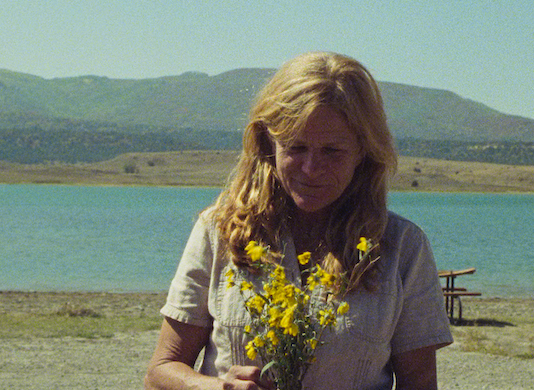
Can Trump ‘Nationalize’ Elections?
By THE NEW YORK SUN
|The film is a universal paean to the healing powers of nature, specifically the landscape of the western United States, and a stirring filmic short story of grief and loneliness, love and loss.

Already have a subscription? Sign in to continue reading
$0.01/day for 60 days
Cancel anytime
By continuing you agree to our Privacy Policy and Terms of Service.

By THE NEW YORK SUN
|
By JOSEPH CURL
|
By LAWRENCE KUDLOW
|
By BRADLEY CORTRIGHT
|
By MATTHEW RICE
|
By LUKE FUNK
|
By BENNY AVNI
|
By JOSEPH CURL
|